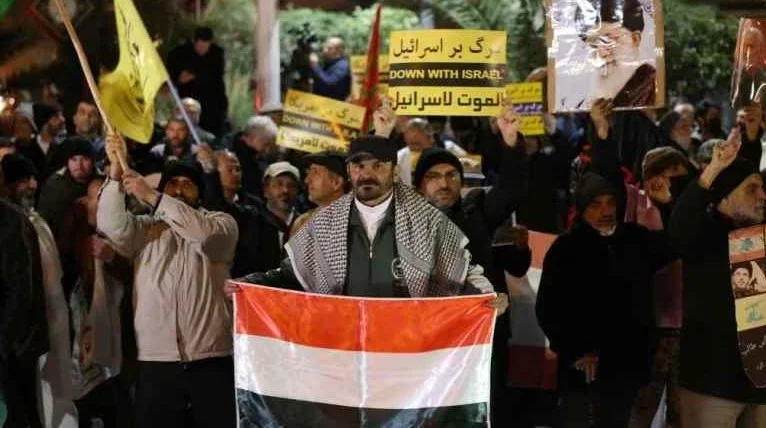
Summary:
Tensions rise as Houthis rebels promise a robust retaliation following a recent US strike in Yemen. The international community watches closely as the conflict escalates, with potential repercussions for global stability.
In a significant development, Houthis spokesperson Nasruldeen Amer issued a stern warning, stating, “This new strike will have a firm, strong and effective response,” in an interview with Al Jazeera. Amer added that there were no reported injuries or “material damages” resulting from the strike.
The United States, in a proactive move to protect shipping from potential Houthis attacks, deployed the guided missile destroyer Carney. Early on Saturday local time, the vessel utilized Tomahawk missiles in a follow-on strike.
The U.S. Central Command, in a statement on X (formerly Twitter), clarified that the objective was “to degrade the Houthis’ ability to attack maritime vessels, including commercial vessels.”
ALSO READ
- London Mayor Reveals Brexit’s Economic Toll: Over $178 Billion Lost So Far
- Medical Equipment Crisis Grips Kenyan Counties, Disrupting Essential Healthcare Services
- Trump Accused: Democrats Demand Return Of $7.8 Million In Foreign Payments, Citing Constitutional Violation
- China Tops List: Trump’s Businesses Accused Of Receiving $7.8 Million From Foreign Nations
Amidst the escalating conflict, a retired government employee, Hussein Kabsi, expressed solidarity, stating, “Our stance is unwavering, we will (continue) to stand with our brothers in Palestine and Gaza until victory and until all Palestinian land is liberated – not just Gaza.” This sentiment reflects the broader context of the Houthi maritime campaign, ostensibly in support of Palestinians under Israeli siege.
U.S. President Joe Biden, responding to the Houthi threat, issued a stern statement to reporters, “We will make sure that we respond to the Houthis if they continue this outrageous behavior.”
Despite the Biden administration removing the Houthis from the list of “foreign terrorist organizations” in 2021, the President emphasized the need for accountability.
Understanding the Issues:
Q1: How does the Houthi conflict contribute to Middle East tensions?
The Houthi conflict adds to existing Middle East tensions, particularly stemming from the recent Hamas-Israel war. This escalation exacerbates regional instability.
Q2: What impact does the Red Sea crisis have on the region?
The Red Sea crisis has triggered a regional spillover, affecting shipping routes and raising concerns about inflation and disruptions in the global supply chain.
Q3: How do international actors perceive the situation?
International reactions vary, with Russia attributing the regional conflict to the US and Britain, accusing Iran of supporting Houthi attacks. This diverse perspective contributes to the delicate nature of the situation, holding potential implications for global stability.
